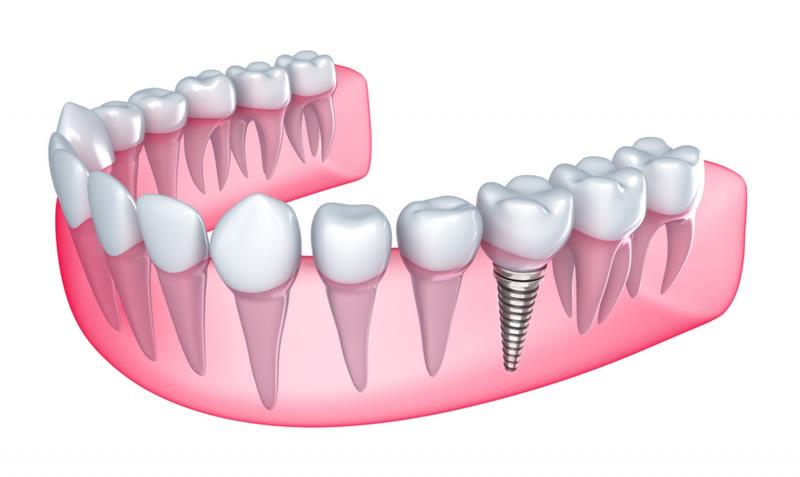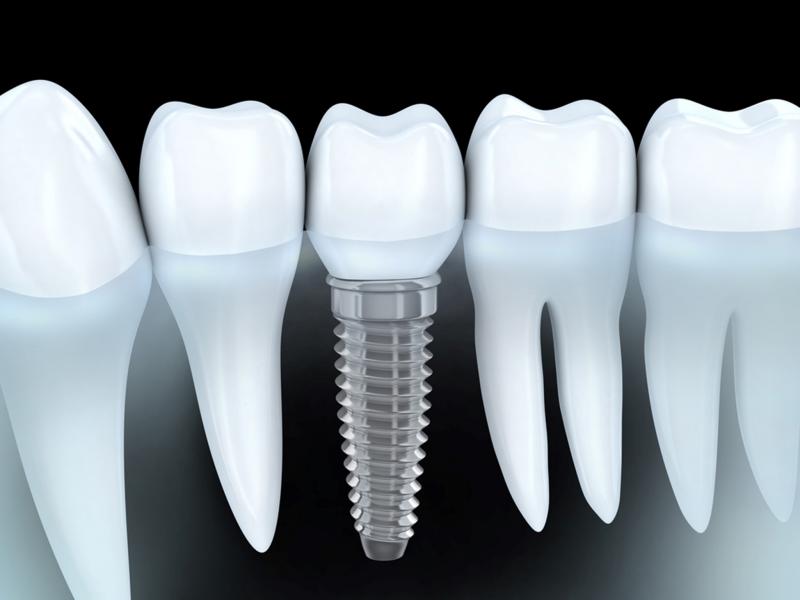An Introduction to Mini Dental Implant Procedure
What You Need to Know About Mini Dental Implants
Have you lost a tooth and need to restore it? Are you hesitant to undergo a traditional implant surgery that is not only invasive but quite costly? In this case, you might want to consider getting a mini dental implant. It is a great alternative to replace lost teeth outside of conventional treatments. It is possible to restore your smile to its original state with this procedure.
Learn more about this procedure and what you can expect when you undergo one.

What Are Mini Dental Implants?
Mini dental implants were developed to address any shortcomings of traditional dental implants and are performed by a dental surgeon. In particular, this procedure is designed to be less painful and invasive. It does not require multiple bone grafts as the traditional methods do.
It is also able to fit into smaller spaces so it is recommended for replacing tinier sections of your teeth such as the premolars or incisors. Since it is not as complex, it can be less expensive, too.
Aside from it being non-invasive and more affordable, there are other reasons why you might want to go for this procedure.
A mini dental implant is approximately half the size of a standard one. This alone can contribute to a less painful installation as it will require smaller incisions. It is, therefore, recommended for patients who want to shorten their recovery time post-surgery.
People who lack the required bone mass in their jaw to support a traditional implant would be an ideal candidate for this as well. Their more minute size means they don’t need as much bone mass to attach to.
Other ideal candidates for this procedure are elderly individuals who are suffering from resorption or those who lost a tooth due to an accident or injury. This is because there are fewer chances that they could hit a nerve or sinus when installed. Therefore, you can be spared the complications or additional pain.
This kind of implant is also becoming a popular alternative to dentures and traditional bridges as it can be completed in a single appointment. Despite the size, it is able to provide support to your facial bone structure too. Therefore, it is a good choice when you want to avoid facial collapse or similar issues.
Cost of Mini Dental Implants
In general, mini dental implants cost less than the traditional ones. There are means to enjoy even greater savings too.
A traditional implant would typically cost anywhere from £2,000 to as much as £3,500 depending on the materials used. According to Dentaly a mini implants, they cost significantly less, starting at £400 to as much as £1,500.
Why are they cheaper, you ask? The cost difference can be attributed to size. They are only about half the size of traditional dental implants so the cost of production is obviously less. In addition, the implant screws used are more affordable as compared to larger screws used for traditional implants.
The fact that the surgery is also less invasive can lead to cost savings since no surgery or bone grafting would be necessary. All of these factors combine to help you spend less money on the procedure.
Do not worry about the quality of the procedure just because it is cheaper either. You can rest assured that you will not be disappointed with the output despite spending less.
The most important thing to note, though, is that you must meet the minimum requirements in order to become a candidate for this procedure. It is only a matter of changing up the process of traditional implants to suit different needs and situations anyway.
What to Expect – During and After Procedure

If you are planning to undergo this kind of treatment, it is important to know what to expect. With a mini dental implant, your dentist will begin by making a small incision to open up the gums. Once they see the bone, they will place the mini implants and close it up after they are successfully placed. Once the implant is attached, a crown will be attached to it to replace the missing tooth.
It will require some time for the incision to heal. However, since the incision is smaller in size, the recovery will be significantly faster. Proper care for the implant site can facilitate faster healing and recovery too.
Below are some of the things you need to be mindful of to ensure the successful integration of your new implants.
- Keep your pain medication with you at all times, especially during the first few days of recovery. The implant site may feel numb at first due to the anesthetic administered to you but it will not stay that way for long. You will be thankful for the prescribed pain medication to take once the numbness is gone.
- Apply ice to the site for a few minutes at a time to help reduce swelling and minimize discomfort.
- Stick to a soft food diet while your gums are healing. However, avoid the use of straws because the sucking motion can open up the wound.
- Get adequate rest too so the wound will heal faster.
- Maintain proper oral hygiene as it is important to keep the site clean at all times. Continue brushing your teeth as you normally would but be careful around the sutures. Don’t brush the implant until your dentist allows you to either.
How Long Do They Last?
With proper care, mini dental implants can last quite long. While they have not been around for too long unlike traditional implants, they can be made to last by visiting your dentist regularly. They can check and help look after your implants.
It is also important to keep up with your oral hygiene by brushing your teeth daily and flossing on a regular basis. These will go a long way in maintaining the health of your teeth and your implants.
Smoking and other lifestyle habits that can cause your teeth to naturally degrade can also impact the lifespan of your mini implants. To ensure that you can make them last, it is best that you stay away from these items for at least two weeks, if not for good.
More to Read:
Previous Posts:





